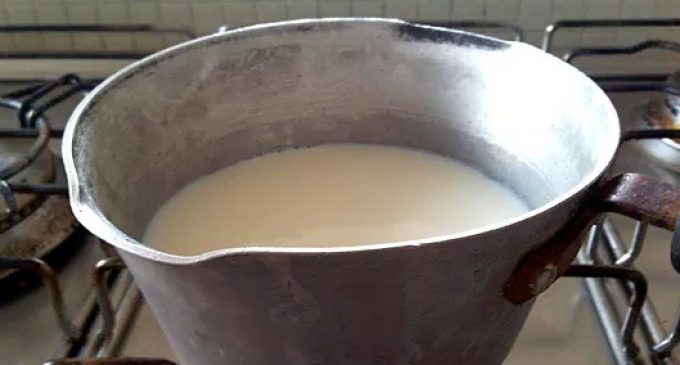
Scalding milk is a process that many professional chefs and bakers are already familar with yet for many people reading those instructions in a recipe may throw them for a loop. While it is not as common as it used to be, scalding milk while cooking used to be common pratice.
In a lot of recipes, especially older ones passed down from family members, scalding the milk is likely a hold-over from the days before milk was pasteurized and distributed commercially. These days, if you're buying your milk from a store, scalding milk for health reasons isn't really a concern.
Milk is an excellent carrier of flavors, and in many recipes, the real purpose of the milk-scalding step is to infuse it with flavor – and therefore bring the flavor into the final dish.
Scalding the milk can also help cut down on cooking time. Milk is an easy and relatively forgiving ingredient to heat, and when making a sauce or custard, it can help jump-start the cooking process. Be careful though – if you're mixing the milk into something with eggs, be sure the milk isn't so hot that it will cook the eggs.
I do know that when making bread, scalding the milk serves a scientific purpose. It seems that the whey protein in milk can weaken the gluten and prevent dough from rising. Scalding the milk deactivates the protein so this does not occur and the bread will rise as normal.
Have you used this technique before? If so do you use it often and if so in what? Let us know in the comments below.
Source: The Kitchn
(Image: Flickr member Banalities licensed under Creative Commons)


Interesting this is really good more on recipes please
Interesting.